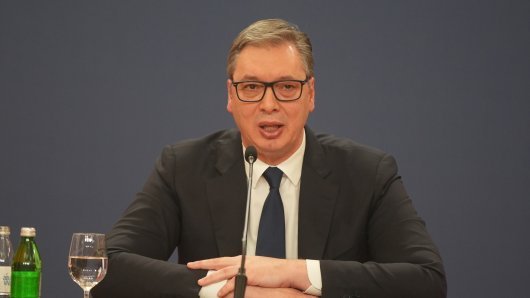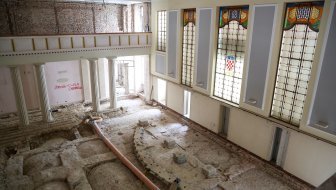The Croatian government next year plans to start up an investment cycle that will secure a growth of investments by HRK 8.9 million and total investments could reach HRK 72 billion, it announced at its meeting on Thursday.
Deputy Prime Minister and Minister of Regional Development and EU Funds Branko Grcic pointed out that the projected growth of GDP in 2013 of 1.8% was founded on an investment growth of 11.5%, maintaining the current level of consumption and reviving exports.
That estimate of HRK 8.9 billion for new investments is not science fiction as these investments would take us to the level reached in 2010 when investments were a quarter of those recorded in 2008, preceding the recession and investments were HRK 93 billion, said Grcic.
Investments coming from the state budget would be HRK 3 billion more than last year, which would represent an increase of 78%, which then explains the increased expenditure in the budget due to capital investments.
All that money will be poured into the economy through the restructure of shipbuilding or through economic cooperation funds to aid the restructure of other companies or to co-finance projects to be financed through EU funds or to obtain armoured vehicles which will most probably be constructed by local companies, Grcic said.
Public companies will be investing around HRK 15 billion, which is an increase of HRK 4.3 billion compared to this year. The largest investment will be in the HŽ rail company and a great portion of investments will be financed through EU funds. Several private/public investments are to be launched next year valued at around HRK 3 billion.
The Investment and Competitions Agency has identified five private investment projects valued at 273 million euros currently under way with another 12 projects valued at 2.7 billion euro at various stages.
We expect investments to rapidly increase once Croatia joins the EU which through experience we saw occurred in new EU member countries.
Minister Grcic announced the introduction of a government monitoring and coordination body that will monitor investments based on four key components - public company investments, integrated EU funds for public investments, measures to strengthen competitiveness and the business climate (as recommended by the World Bank "Doing Business") and other reforms in the public sector.
PM Zoran Milanovic said there was no more room for excuses and that in the first year of the cabinet's term in office insufficient projects were prepared for public sector investments but that next year that should be what would get the country moving.
We need to ensure better business conditions for the private sector and to improve investors' impressions, which does not necessarily mean to just improve the perception of corruption. Our job though is to restructure the public sector which will lead to concrete results, said the prime minister.



































